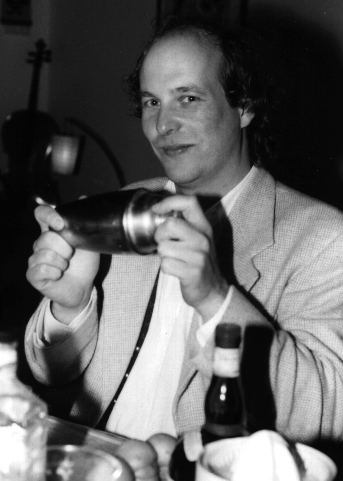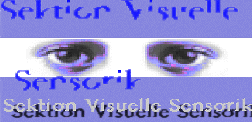
|
Curriculum Vitae
I earned my ``Diplom'' in mathematics at the University of
Tübingen (Germany) with a thesis on
the structure of the ``Automorphism groups of Hamming graphs''
in 1992 under the supervision of Prof. Dr. Hering.
In 1993 I received a Master in philosophy.
I was interested in the philosophy of mind and wrote a thesis
about current approaches to intentionality and representation
(supervision Prof. Dr. Keuth).
My main interest, however, is the wide
field of neurobiology and behavior. Under the supervision of
Prof. M. Fahle
in the
Section of Visual Science
at the Eye Hospital of Tübingen (Germany)
I finished a Ph.D. thesis on ``mathematical models and
experiments in perceptual learning'' earning a Ph.D. degree
in biology.
|


